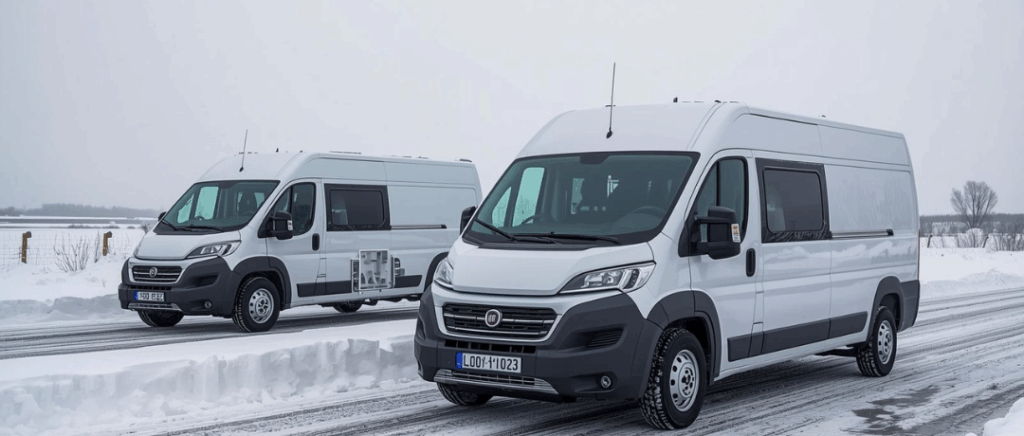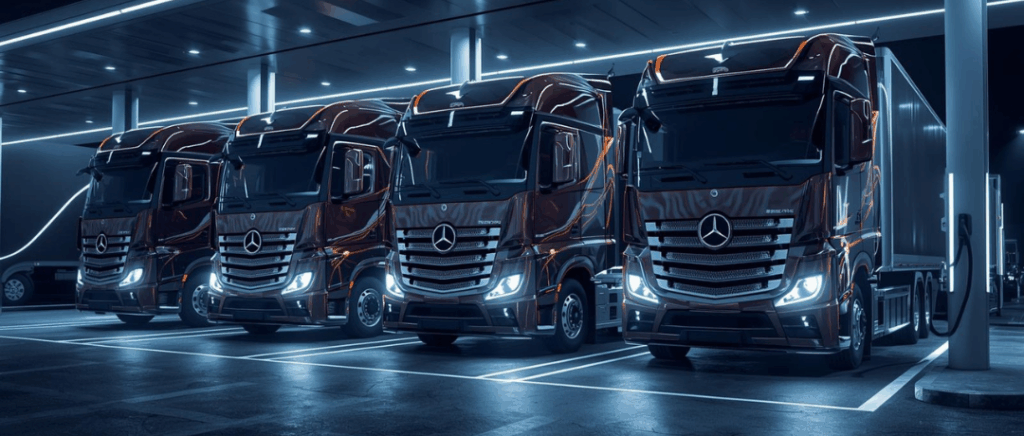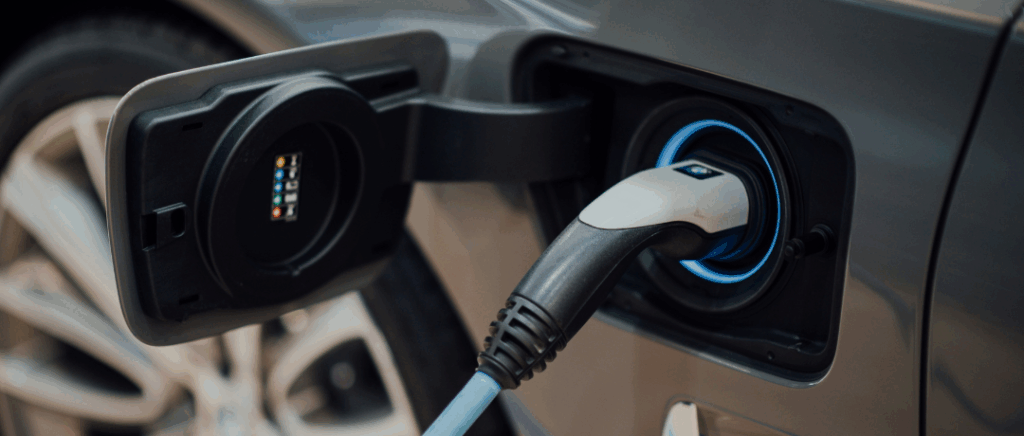Our experts answer your questions with a smile
Monday to Friday 9am - 12.30pm - 2pm - 7pm
Carbon footprint
What is a carbon footprint?
Le carbon footprint is a tool for understanding direct and indirect greenhouse gas emissions by analysing the activities of individuals, businesses, local authorities and government departments. The carbon footprint includes 6 gases according to a method whose rules are public and officially recognised by international agreements:
- carbon dioxide or CO2
- methane
- nitrous oxide
- hydrofluorocarbon
- perfluorocarbon
- sulphur hexafluoride
Measures concerning businesses
Are you a company that doesn't know if you should carry out a carbon assessment?
Since July 2010, the mandatory carbon audit, also known as the Grenelle II carbon audit, has required a Regulatory GHG balanceto certain structures (public or private).
- Private-sector companies with more than 500 employees (250 in the French overseas departments and territories)
- Establishments governed by public law with more than 250 employees
- Local authorities (urban communities, départements, regions, etc.) with more than 50,000 inhabitants
- The State
Since 2015, the law on energy transition has stipulated that companies must carry out this assessment every 4 years. State departments, local authorities and other public establishments must do so every 3 years.
If you don't play the game of doing your carbon footprint, a penalty of €1,500 has been in place since January 2016.
The carbon footprint not only includes an accounting of emissions, but also a summary of the measures decided on and actions taken to reduce emissions.
Here are a few tips and examples on how to implement a good CSR policy this article !
NEWS: Worldwide, according to IPCC data, the players who contribute to CO2 emissions are :
- Heat and power generation (25%)
- Agriculture, forestry and land use (24%)
- Industry (21%)
- Transport (14%)
- Other energy production (10%)
- Buildings (6%)
Carbon footprint and mobility
Road traffic and CO2
1.2 billion: The number of cars in the world today.
2 billion: The estimated number of cars in the world in 2040.
In China, the number of cars multiplied by 5 between 2004 and 2014. Cities are already very congested, given the number of traffic jams that already exist... it's hard to imagine what the situation would be like with 800 million more vehicles!
Car manufacturers claim that the solution to this problem ofcarbon footprint are electric and hybrid cars, which consume 10% to 50% less fuel than petrol cars.
Some figures in 2018:
- 2 million electric cars have already been sold, taking the global fleet to 5 million.
- 1 million in China
- 385,000 in Europe
- 361,000 in the United States
But 5 million electric cars means only... 0.4% of the world's cars! There's still a long way to go...
Although we are succeeding in producing less polluting vehicles, emissions are not decreasing because the number of cars and their characteristics (power, size, air conditioning, etc.) continue to increase. What's more, in 2018, 36% of new vehicles purchased in France were SUVs or 4×4s, which consume more fuel and emit more CO2.
However, there is little optimism for heavy goods vehicles! Road freight (the transport of goods by road) is growing all the time with the boom in e-commerce! It's also a major cause of pollution, as commercial vehicles and HGVs, most of which run on diesel, account for just 21.5% of road traffic but release 43% of the sector's greenhouse gas emissions...
In France, 88% of goods are still transported by road, compared with only 10% by rail and 2% by ship.
It is estimated that one in five vehicles in Paris carries parcels for delivery... For more information, go to here !
Bad French habits
In your opinion, which sector emits the most greenhouse gases in France?
Bingo, it's transport ...
Transport accounted for 31% of emissions in 2018, 10% more than in 1990. Road traffic accounted for 95% of transport emissions.
To find out more
- The preferred means of transport in France is the car, and there are 40 million cars in the country.
- ¾ of home-to-work journeys are made by car, alone.
- In town, 40% of daily car journeys are less than 3 km long... (and are twice as polluting as a long journey). We use more fuel on short journeys because the engine is cold, and we regularly stop and restart ...
- In 2017, 61% of the vehicles on the road were diesel vehicles (emitting more fine particles than a petrol vehicle).
- In 2016, fine particles emitted by transport caused 48,000 premature deaths in France. It is the 3rd leading cause of death after tobacco and alcohol.
Take advantage of the expertise of Beev Consultingand make the right choice of vehicles when renewing your fleet. Beev can help you make the transition to cleaner vehicles, while taking into account the economic reality of your business.
ADEME mobilised in the transport sector
ADEME is also focusing on the transport sector, which is the most polluting.
To do this
- It supports the development of cars that consume less fuel and pollute less
- It contributes to a sustainable transport organisation
- It encourages changes in behaviour: greater use of mobility services, active modes of transport, public transport and clean vehicles.
The goal
- accelerate the roll-out of the transition
- innovating and preparing for the future of the ecological and energy transition
- contribute to collective expertise for the transition.
To achieve its objectives, ADEME has allocated €647m in 2019 for projects to promote the ecological transition. These projects are listed under 12 priority programmes and benefit 3 targets: businesses, the local area and the general public.
Business grew strongly because the results were there: "Of the 27 indicators in ADEME's 2016-2019 Contract of Objectives and Performance, 24 met or exceeded the target set, including the equivalent of 390,000 homes heated with renewable energy, nearly 95,000 refuse trucks of new sorting-recycling-recovery capacity, or 70 % of the population covered by support contracts." - ADEME
NEWS: Cars are sometimes even more polluting than planes.
According to an ADEME report, a single motorist in a car emits 172g of CO2 for every kilometre travelled, whereas a passenger on a Paris-Marseille flight (660 km) emits 132g, a quarter less!
On a plane, emissions are shared between the different passengers. The fuller the plane, the lower the emissions per passenger. In cars, increasing the number of passengers is also a way of reducing emissions per person.
Solutions for reducing your carbon footprint
To reduce its carbon footprint you need to know about it first! To do this Dunia is extremely useful. It's a platform that allows us to calculate our carbon footprint by detailing our expenditure, but not only that! It also gives us advice on how to reduce our ecological impact. If each of us, in our own small way, applies a few responsible gestures on a daily basis, thecarbon footprintwould fall considerably!
- switch to an electric or hydrogen engine
- develop car-pooling and car-sharing
- increase taxes on polluting vehicles and heavy goods vehicles
- developing public transport in the city, making it more accessible or free of charge
- develop local rail lines (to reduce the need for air or car travel)
- introduce a large number of safe cycle paths
- rethinking the way cities are organised
- introduce a tax on airline tickets and paraffin for short journeys
- limit the speed of ships: halving their speed means consuming four times less fuel.
- encourage teleworking to reduce travel
- make our journeys more frugal
- local consumption, development of recycling, upcycling... (to reduce road freight)
To find out more
According to a study by Greenly, by using a bicycle or public transport for these office journeys, for example, we save the carbon equivalent of 650 kg of CO2 per year and per person, or the equivalent of 4 return journeys from Paris to Marseille by plane, or an LCD screen television switched on H24 for 162 days.
Conclusion
L'see conditions) every 3 or 4 years and to measure the efforts made on the commitments decided when theTake advantage of the expertise ofBeev Consultingand make the right choice of vehicles when renewing your fleet. Beev can help you make the transition to cleaner vehicles, while taking into account the economic reality of your business.
































